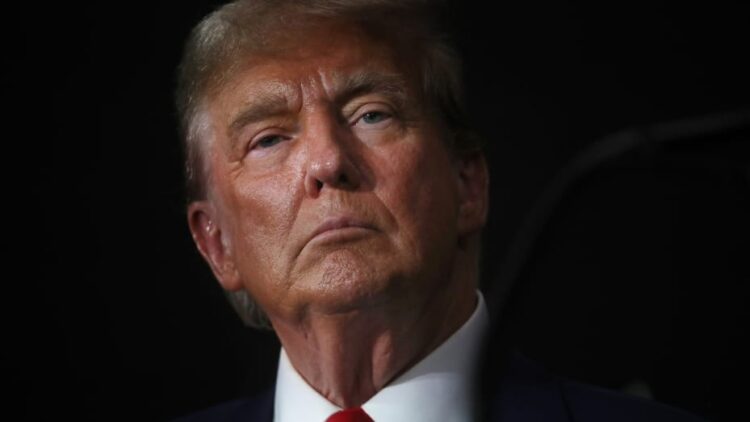By Aaron Miller-
The U.S Supreme Court is listening to arguments about whether former President Donald J. Trump stand trial for allegedly plotting to subvert the 2020 election.
This landmark case not only tests the bounds of presidential power but also holds significant implications for the upcoming election cycle.
At the heart of the matter lies the issue of whether Mr. Trump enjoys absolute immunity from prosecution for his actions while in office.
The court’s ruling will not only shape the trajectory of Trump’s trial but also impact the broader understanding of executive authority.
Legal experts anticipate that Trump’s sweeping claims to immunity may not hold sway in the highest court. However, the timing and manner of the court’s decision could be just as consequential as its outcome.
A speedy resolution may pave the way for a trial before the election, allowing both jurors and voters to assess the evidence presented by the special counsel.
Nevertheless, even if the court rules against Trump, the timing of the trial remains uncertain. Delays in the legal process could push the trial beyond the election, potentially enabling Trump, if re-elected, to wield executive power to dismiss the charges.
Central to the court’s deliberations is the question of motive: does it matter whether a president acted with a corrupt purpose? Advocates for robust presidential authority caution against allowing courts to second-guess executive decisions, citing concerns about the separation of powers.
The government’s argument stresses the peril of granting unchecked immunity to a president, warning against the potential for abuses ranging from bribery to election fraud.
Michael Dreeben, representing the government, contends that such immunity would undermine the very principles upon which the nation was founded, likening it to the perils of a monarch immune from accountability.
Trump’s defense hinges on a broad interpretation of separation of powers and a precedent recognizing immunity for presidential actions within their official responsibilities.
Yet, lower courts have rejected Trump’s assertions, emphasizing that presidential immunity does not equate to a lifelong shield from prosecution.
The Supreme Court’s decision may not only shape the fate of Trump’s trial but also establish precedent for future cases involving presidential accountability.

